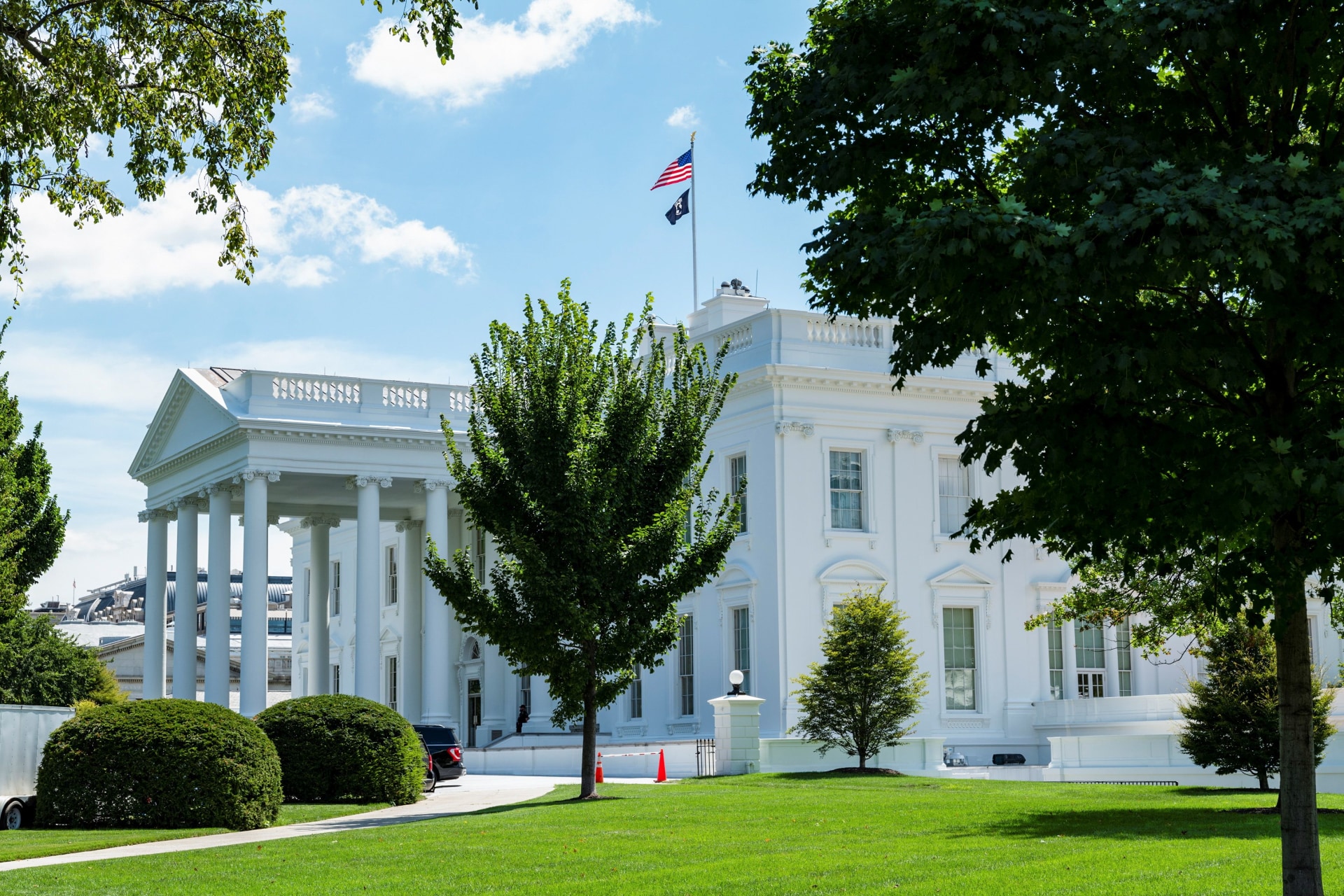Why Letting Taiwan Change the Name of Its Office in the United States Is a Mistake
The Biden administration should resist calls to rename Taiwan’s office in the United States.

According to a recent media report, the Biden administration is weighing Taiwan’s request to change the name of its mission in the United States from the Taipei Economic and Cultural Representative Office (TECRO) to the Taiwan Representative Office, with the proposal receiving “wide support inside the National Security Council.” While such a name change may sound insignificant, in reality it has important implications and should be avoided. This decision would simultaneously undermine the logic of the U.S.’s unofficial relationship with Taipei and fail to advance U.S. interests or meaningfully enhance U.S.-Taiwan ties.
When the United States terminated diplomatic relations with Taiwan (formally the Republic of China) and extended diplomatic recognition to the People’s Republic of China in 1979, it recognized “the Government of the People’s Republic of China as the sole legal Government of China” and pledged to only maintain “cultural, commercial, and other unofficial relations with the people of Taiwan.” The Taiwan Relations Act (TRA), signed into law in 1979, established a nonprofit corporation known as the American Institute in Taiwan (AIT) to carry out the U.S.’s unofficial relationship with Taiwan and allowed Taiwan to establish a similar “instrumentality” in the United States.
This immediately raised the question of what Taiwan would call its counterpart to AIT. The two sides agreed on the Coordination Council for North American Affairs (CCNAA), a name that revealed little about the organization’s purpose. Officials in Taipei grew frustrated with the nebulousness of the name, protesting that Americans did not understand what CCNAA represented, and eventually asked to rename the office. When the Clinton administration undertook a comprehensive review of the U.S.-Taiwan relationship in 1994, it weighed whether to allow Taiwan to change the name. The Clinton administration agreed to do so, and the two sides settled on the Taipei Economic and Cultural Representative Office (TECRO), a name that has endured for nearly three decades.
Even with this adjustment, the word “Taiwan” was intentionally omitted. The reasoning was that if the United States allowed the word “Taiwan” to be included in the name, this could be misconstrued as support for the island’s independence. The formulation for TECRO also made clear that the organization would focus on economic and cultural affairs, consistent with the TRA’s provision that the United States would “maintain cultural, commercial, and other unofficial relations with the people of Taiwan.”
If the Biden administration allows Taiwan to rebrand TECRO as the Taiwan Representative Office, it would undermine the logic of the unofficial nature of the U.S.-Taiwan relationship. Removing the reference to economic and cultural ties and adding the word “Taiwan” would implicitly upgrade the status of the office to something more akin to an embassy. Such a decision would also strengthen the hand of those in Taipei who advocate additional moves to make the relationship more official, such as allowing Taiwan’s president to visit Washington, DC.
Some will argue that renaming the office will not start a war with China, so the United States should go ahead with the move. But that is not a sufficient way to measure whether the United States should undertake a given policy. Instead, the United States should keep in mind whether a policy sends mixed messages to Taiwan regarding the U.S. position on Taiwan independence and emboldens those on Taiwan who advocate for independence. It also should consider whether a proposed policy is intellectually consistent with the U.S. One-China policy and sends the proper signals to its own bureaucracy. The fact that TECRO is such a unique name forces those in the U.S. government who do not routinely work on U.S.-Taiwan relations to ask why it is different and what is unique about U.S.-Taiwan ties. This has a useful disciplining effect on the government.
China will surely object to this move, and while Beijing should not have a veto over U.S. policy toward Taiwan, it would be diplomatic malpractice to not take into consideration how China is likely to react. China will likely interpret the renaming of Taiwan’s office in the United States as yet another data point that proves it is a question of when, not if, the United States recognizes Taiwan as an independent country. If Beijing concludes that time is not on its side and the window for “unification” is closing, then it makes it more likely that it will resort to force against Taiwan.
Allowing Taiwan to rename its office is also a purely symbolic gesture that would occur when the United States and Taiwan should be focusing on substantive issues. To put it another way, there is nothing that a newly named office would allow the two to do that cannot be done under the current framework. Instead of spending energy on symbolic issues, the United States and Taiwan should be working toward a bilateral trade agreement, collaborating on supply chain security, and improving deterrence in the Taiwan Strait.
In the face of an increasingly assertive China and a military balance that is rapidly shifting in Beijing’s favor, the United States and Taiwan cannot afford to be prioritizing symbolism over substance. The Biden administration should resist rebranding Taiwan’s office in the United States and instead focus on the important and demanding agenda that lies ahead.
